“It’s like being invited to the best party ever but not being able to eat or drink anything”: An interview with Henry Filloux-Bennett, writer of The Understudy
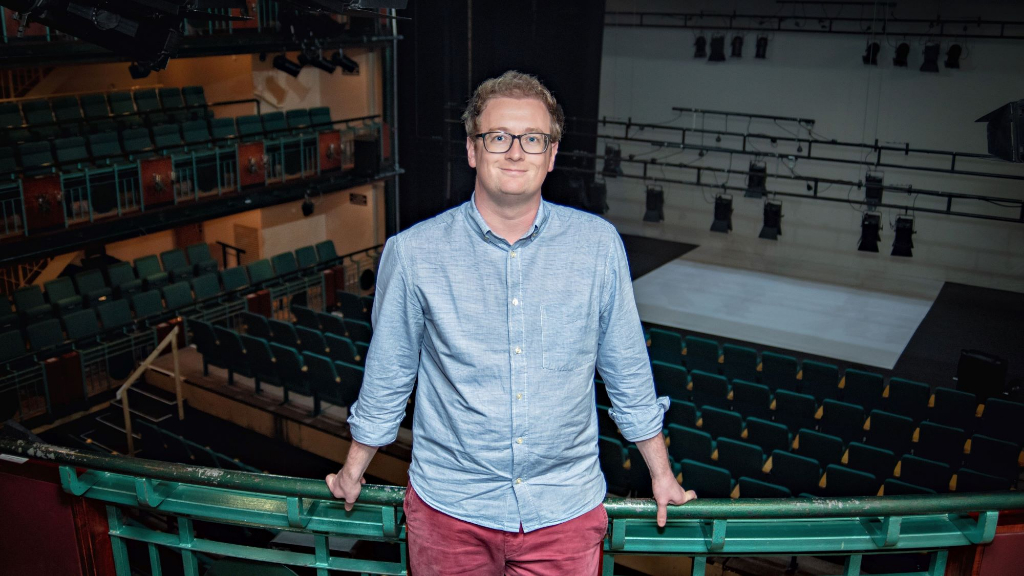
All creative industries are reinventing themselves as they try to adapt to the forced closure of entertainment venues. The projects that have been launched during this time have the double function of keeping people entertained and raising funds for performers and institutions, big and small.
The Understudy, the story of a struggling actor hired as an understudy in a West End show, is a stage adaptation of the novel by David Nicholls. It was originally commissioned by The Lowry, but due to the current circumstances, it has been reworked as a radio play with a twist. Adapted by Henry Filloux-Bennett and directed by Giles Croft, the production stars Stephen Fry, Mina Anwar, Layton
Williams, Emily Atack, Russell Tovey, Sheila Atim and Sarah Hadland.
The actors recorded their lines in isolation, and the whole was put together by the sound design team. We caught up with writer Henry Filloux-Bennett to learn more about this exciting new project and find out how the creative process unfolded in spite of the current restrictions.
What did you find most compelling about Nicholls’s novel? Did you immediately feel that it could be adapted?
I think the most compelling things for me about The Understudy were the fact that it’s set in the world of theatre, but also the tone of humour. When I first read it – with no idea that David had once been an understudy – I couldn’t believe how spot-on his portrayal of theatre was, but also that sort of excruciating humour that’s laced throughout the story had me laughing out loud as I read it, and that’s incredibly rare in a book. I actually didn’t think about it having a life on stage (or now online) when I first read it – I think because I’ve read all of David’s books and seen them as films, my assumption was that it would probably need to live on screen. Re-reading it, I started to see how, actually, a love letter to the theatre – which is what it feels like to me – should live on stage.
How did the idea of turning the project into a radio play come about?
I was commissioned by The Lowry – who had commissioned me the previous year to adapt Nigel Slater’s Toast – to adapt the book into a stage play first, and that was supposed to be being produced on tour this autumn, but obviously coronavirus came along. When I realised that that live theatre wasn’t going to be happening any time soon, I got in touch with David, the play’s commercial producers, and The Lowry, and we soon hatched the idea of bringing it to life in lockdown.
How did you tackle the difficulty of working on a group project when each person involved is currently isolated?
With that whole idea that “acting is reacting”, how actors would be able to deliver amazing performances when there was absolutely no way of reacting with anyone else was one of the biggest challenges we faced. We had a Zoom read-through when everybody got together to go through the play, which really helped, and then our director Giles Croft worked with all of the actors to ensure that they felt able to record their lines in a way that worked for them. And then the main bulk of the work has been with our incredible sound team – Alexandra Faye Braithwaite, Annie Fletcher and Sophie Galpin have worked around the clock for the last few weeks taking every single line in the play from several versions of recordings from all of our actors to make them into the play, with original music and sound effects.
Are there advantages to narrating a story through aural means alone? Is it still theatre without a space and without movement?
I think one of the best things about the play existing online means that we can do literally anything we want, and the audience can use their imagination to create the world that the story lives in. There is animation throughout, so it’s not exactly a radio play, because you can watch it too, but it certainly makes things that are tough to achieve on stage much easier!
How do you think people will respond to this project? What do you think they will enjoy the most?
I hope people will enjoy a hilarious, heartwarming underdog story set in the industry that we love so much, and they’ll get to do that all the while knowing that they’re supporting those freelancers, actors and organisations that are struggling so much at the moment. I think for people in theatre the thing they’ll enjoy the most are the references and little in-jokes that are sprinkled throughout.
Radio plays have always been done but at this time they are more likely to receive attention. Do you think it may become a popular format?
We’re in uncharted times, and what we’ve tried to do is create a new sort of format – a radio play that you can watch. We’ve worked with the incredible team at Dusthouse to make sure that there’s animation throughout, so it’s part-film, part-play, part-radio…
We are so used to screens and multitasking and we’re constantly overstimulated by visual information and distractions. When it comes to this play, do you have any particular advice for making the most of the listening experience?
We want audiences to try to capture that idea of “going to the theatre” – we hope it’s a bit of a treat, and something that people can sit down and enjoy. Grab a glass of something, some Maltesers, and enjoy!
This play is about an actor’s ambitions and failures. What fascinates you about the figure of the actor?
I think the amazing thing about The Understudy is not so much that it looks at what it’s like to be an actor – although undoubtedly that’s fascinating – but more that it looks at the experience of being an understudy. It’s a totally incredible job. When I was writing it, I talked to so many actors who were either understudying at that point, or actors who had understudied in the past, and I have tried to bring in as many of their stories and experiences as possible. One actor described the experience as being invited to the best party ever but being told you can’t eat or drink anything – it’s a completely unique job and that’s what I wanted to celebrate with the play.
Due to the lockdown, people have been forced to pause and many are likely to be reassessing their life goals and priorities at this time. Would you say that the story of protagonist Stephen McQueen fits this reflective phase?
That’s a really interesting question. I would like to think so. At the end of the play – like the book – I think Stephen McQueen is faced with a choice: to carry on trying to make it as an actor, or to do something else. Although everything else in the story is wrapped up, the direction Stephen McQueen takes in terms of his career is left open, and I think that’s incredibly important. People have to follow their dreams and do the thing that is best for them. This is not a story about “failing” in this incredibly tough industry – it’s a story about being happy with the choices you make. And so if people can take this time to consider these sorts of questions, that would be great.
You came into the world of theatre from a very different background, what first drew you in? Would you say that you’ve found your perfect mode of expression?
I did indeed! I’ve had the most ridiculous career: I studied law at university, then went in to cooking, then managed to get a job as office assistant for Bill Kenwright, then went on to producing and general management, running the Old Red Lion Theatre, going in to marketing, and now running an amazing theatre in West Yorkshire. I loved theatre at university, and was really lucky to be part of a society there that was filled with some incredible people – Ruth Wilson, Carrie Cracknell, Mike Longhurst, Theo James and so many more were part of the theatre society over the years. I think that is what made me think it could be a job for me. Right now I’m incredibly lucky – I get to run an organisation as Chief Executive, which is a role I always wanted to get to, but I also get to write on the rare occasions I get some free time; so yes, I’m incredibly happy with how I get to work at the moment.
Mersa Auda
The Understudy will be broadcast online in two parts on Wednesday 20th and Wednesday 27th May 2020. Tickets are £5 and all profits will be donated to theatre organisations and charities. For further information visit the play’s website here.

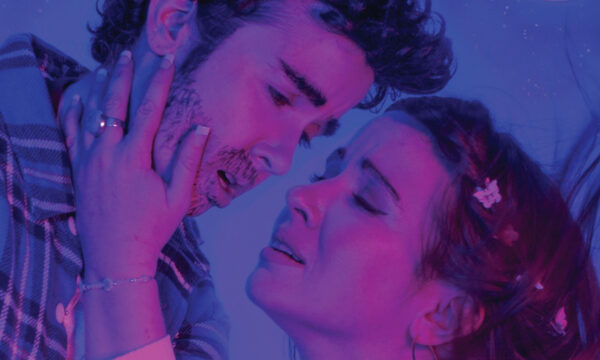
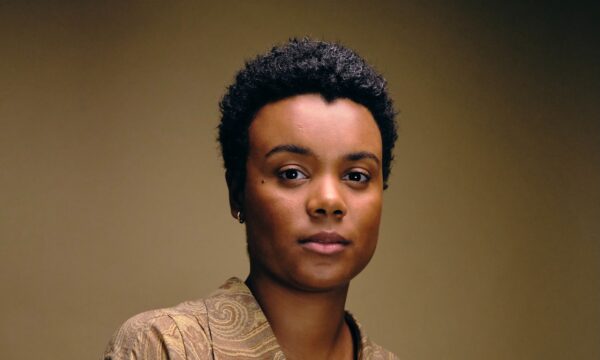

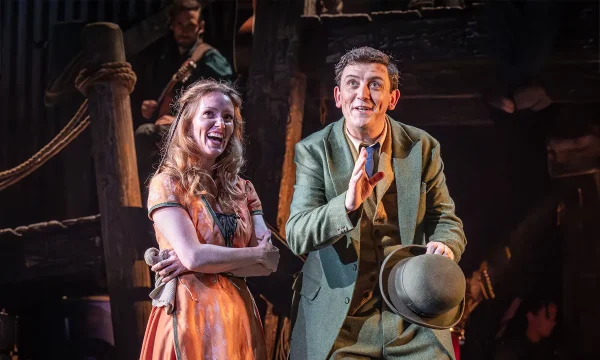
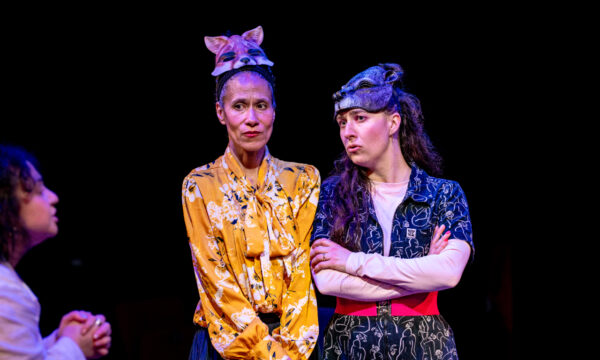
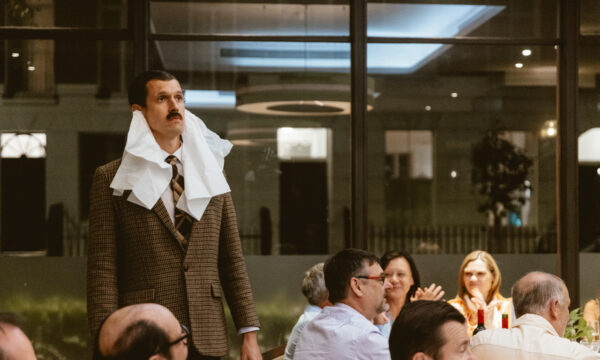
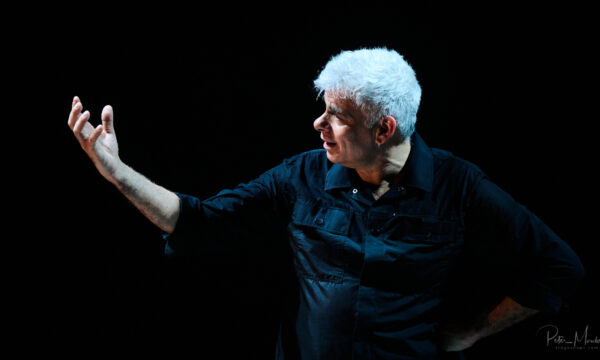
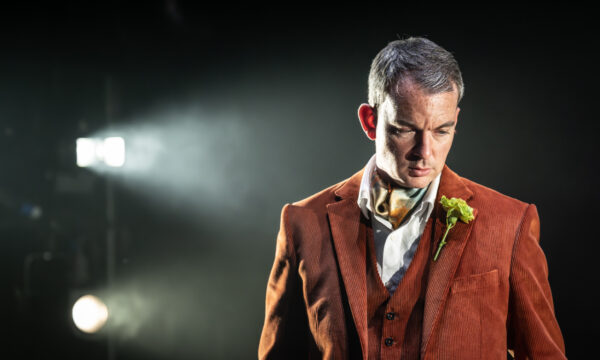
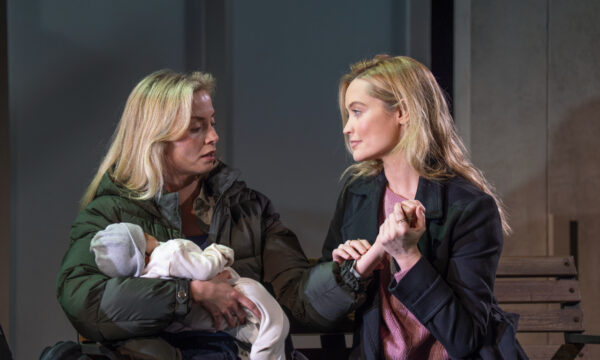















Facebook
Twitter
Instagram
YouTube
RSS